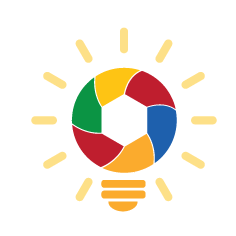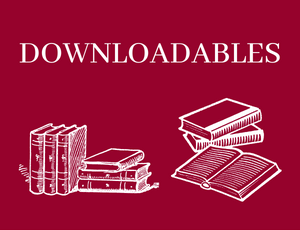Digital information creation as a learning process

Information in any format is produced to convey a message and is shared via a selected delivery and distribution method. The iterative processes of researching, creating, revising, and sharing the information vary, therefore the whole process itself is a big part of the constant learning process while the information is being both created, consumed and distributed.
Learning-by-doing as an approach to education is very suitable for digital literacy skills improvement, because there is a very wide range of tools and software available, ready to be used by students of any skill level in order to achieve particular targets for the deliverables and learning purposes. Currently existing tools and instruments in the digital world are available in any country, support the majority of languages and are either very cheap or totally free to use. This makes digital skills acquisition available and relatively easy to anybody. To fine tune the education process, educators must choose the right medium to deliver their training.
Taking website building as a hands-on approach example. In order to be able to build a website, an individual need to have basic knowledge and computer usages skills, which would help him to find the necessary instructions and requirements for the website building. Those basic skills may be acquired earlier during formal education, however deeper knowledge will be acquired after practical tasks completion.
Website building is a complex task, which requires to improve the skills in information search and evaluation, storage, also creation and distribution, therefore we emphasize on this kind of exercise being a perfectly suitable way for digital skills improvement. If necessary, website building exercises may involve marketing and communication, writing of quality articles supplemented with interactive and rich media additions, research on internet users’ behaviour and experience, security and privacy and how a website’s design, structure or functionalities can help to achieve the best results.
Learners may choose either to work on personal blog creation or a simple e-commerce website creation, which forces them to acquire the necessary skills in areas such as finances, digital identity creation, precautions against cybercrimes, usage of e-signature and e-government services. They also should start to see themselves as being part of a never-ending process in both information creation as well as information consumption at the same time, which widens their perception in digital literacy as a whole.
Our methodological recommendation for digital literacy education is to use a practical approach of website building and adjust particular exercises based on actual skills, motivations and expectations of the learners.

